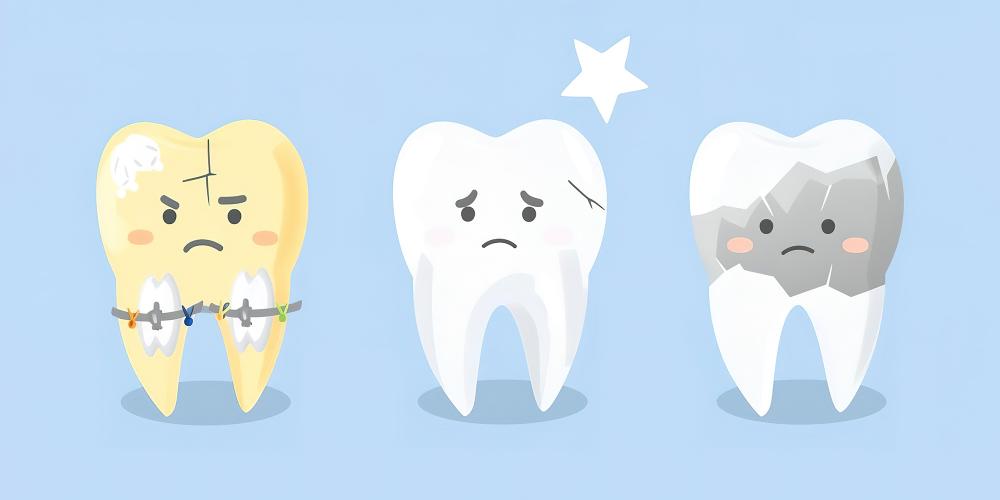
Bad Breath & The Gut Health Connection
Understanding The Connection Between Bad Breath & Gut Health
Bad breath, or halitosis, is normally associated with gum disease, tooth decay, low saliva levels, or eating or drinking strong smelling or spicy foods and drinks, as well as smoking and drinking. However, bad breath may indicate poor gut health which is worth considering too when trying to address this problem.
What we know about bad breath
Hippocrates, a Greek physician, discovered a connection between breath odour and liver failure. Although very basic in approach, this established two things; firstly, that exhaled breath contains compounds from deeper within the body and not just the respiratory system, and that changes in exhaled breath may alert us of a disease in the body.
What causes bad breath from the stomach?
Sulphur is a gas that has a distinct smell and some bacteria in the gut break down sulphur compounds to release hydrogen sulphide which has an eggy smell to it. Whilst it is normal to have some hydrogen sulphide in exhaled breath, elevated levels of hydrogen sulphide could indicate poor gut health, poor digestion or inflammatory bowel diseases such as irritable bowel syndrome, H. pylori infection, gallbladder issues, constipation, bloating which can cause the release of gas, and poor liver function to name a few.1
How to stop bad breath from the gut
If you believe that your bad breath is linked to gut health, you might wish to see a gastroenterologist to hopefully manage and treat your disorder but there are some effective halitosis treatments that may be of value in stopping or reducing the smell’s intensity.
Firstly, I would recommend that you take a digestive enzymes supplement. We need digestive enzymes to break down food efficiently otherwise food stagnates in the gut which can lead to constipation, bloating, build-up of gas, belching, and bad breath, It is understood also that many inflammatory bowel diseases improve markedly when taking supplements with digestive enzymes since some digestive enzymes also display anti-inflammatory benefits. I would recommend taking DoSe Digestive Enzyme Complex which is one of the best digestive enzymes supplements available providing protein, carbohydrate, fat, and fibre digesting enzymes.
A quality probiotic supplement may also be valuable in the treatment of halitosis. There is some evidence that repopulating the gut with probiotics such as Lactobacillus and Streptococcus species reduce levels of hydrogen sulphide produced in the gut.2
Mega Probio is a probiotic supplement containing eight strains of acid-resistant bacteria and includes the above bacterial strains. This is one of the best probiotic supplements for gut health, and for the multiple benefits of probiotics which support the immune system, detoxification, and numerous other processes.
Summary
If you suspect that your bad breath is not linked to oral hygiene then it is very likely associated with poor gut health, a lack of digestive enzymes, and perhaps an imbalance of the gut flora. You can optimise gut health by limiting sugary snacks and foods, enhancing your digestive enzymes, and by taking a multi-strain probiotic supplement.
References
- Singh SB, Lin HC. Hydrogen Sulfide in Physiology and Diseases of the Digestive Tract. Microorganisms. 2015 Nov 12;3(4):866–89. DOI: 10.3390/microorganisms3040866
- Karbalaei M, Keikha M, Kobyliak NM, Khatib Zadeh Z, Yousefi B, Eslami M. Alleviation of halitosis by use of probiotics and their protective mechanisms in the oral cavity. New Microbes New Infect. 2021 Apr 23;42:100887. DOI: 10.1016/j.nmni.2021.100887
DISCLAIMER: The views, opinions and information expressed in this article and on Victoriahealth.com Ltd are those of the author(s) in an editorial context. Victoriahealth.com Ltd cannot be held responsible for any errors or for any consequences arising from the use of the information contained in this editorial or anywhere else on the site. Every effort is made by the editorial and content team to see that no inaccurate or misleading information, opinion or statement appear, nor replace or constitute endorsement from medical bodies or trials unless specified. Victoriahealth.com Ltd accept no liability for the consequences of any inaccurate or misleading data, information, opinion or statement. Information on Victoriahealth.com Ltd and in the editorials is provided for informational purposes only and is not intended as a substitute for the advice provided by your physician or other healthcare professional. You should not use the information on this website or in the editorials for diagnosing or treating a health concern or disease, or for the replacement of prescription medication or other treatment.